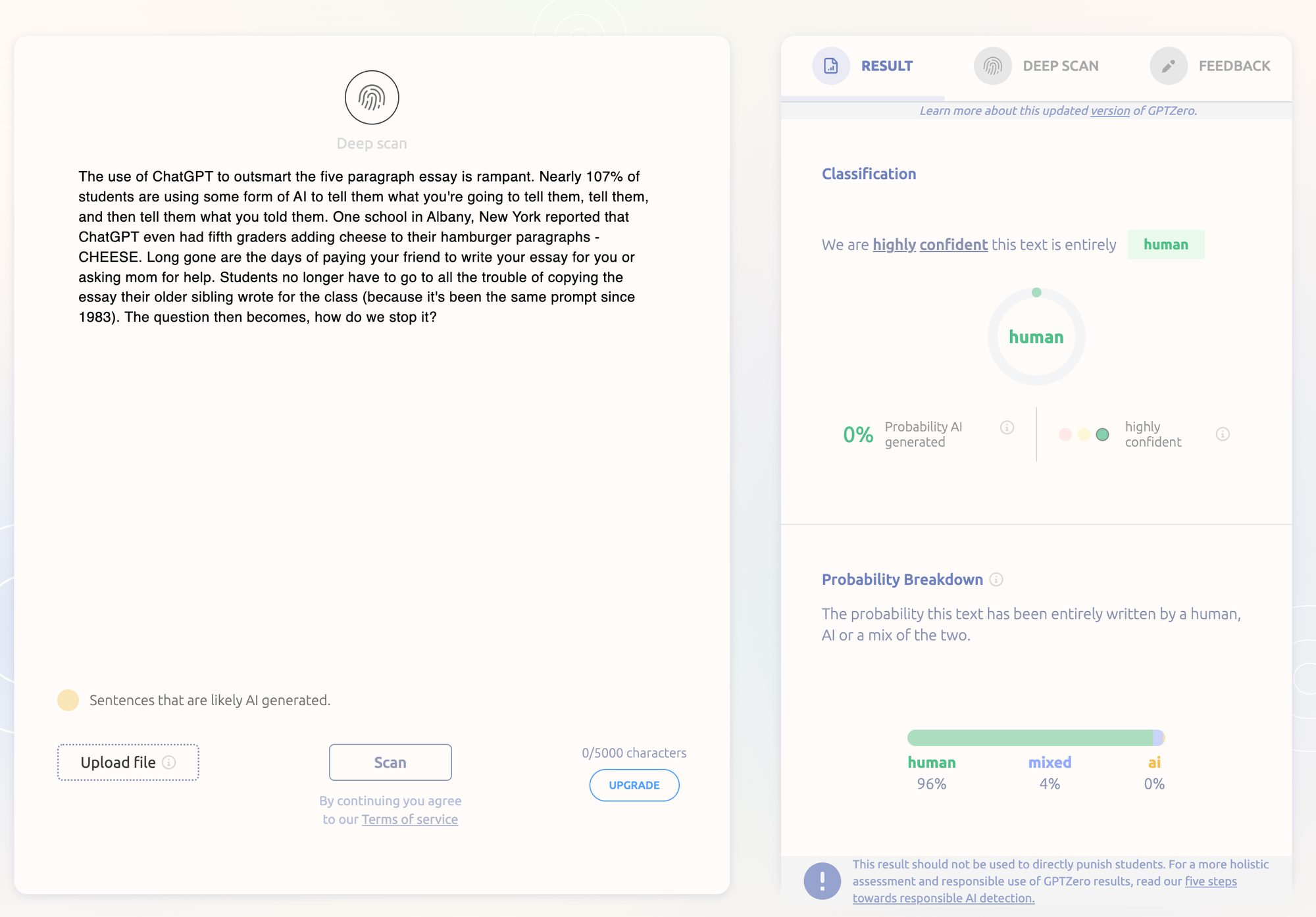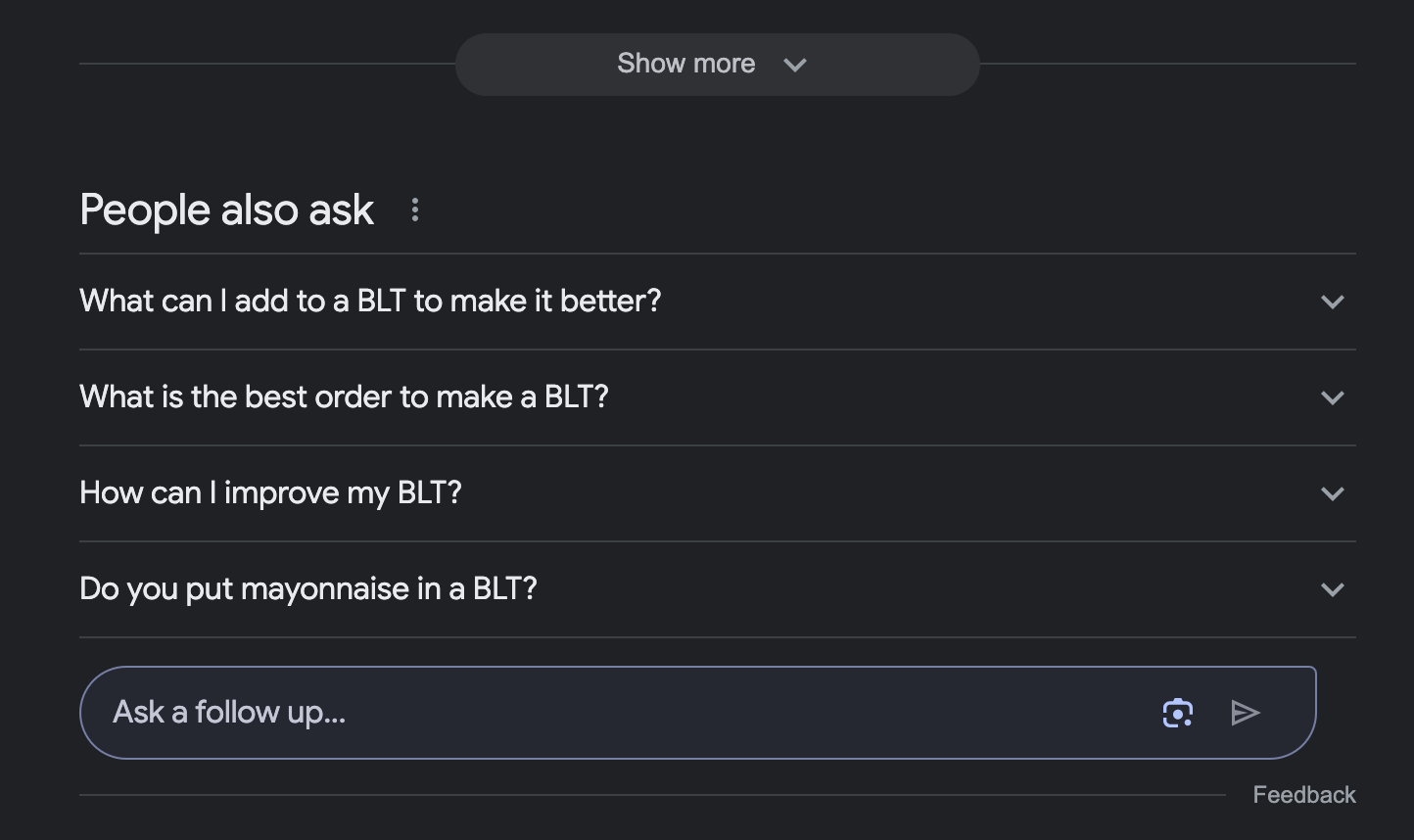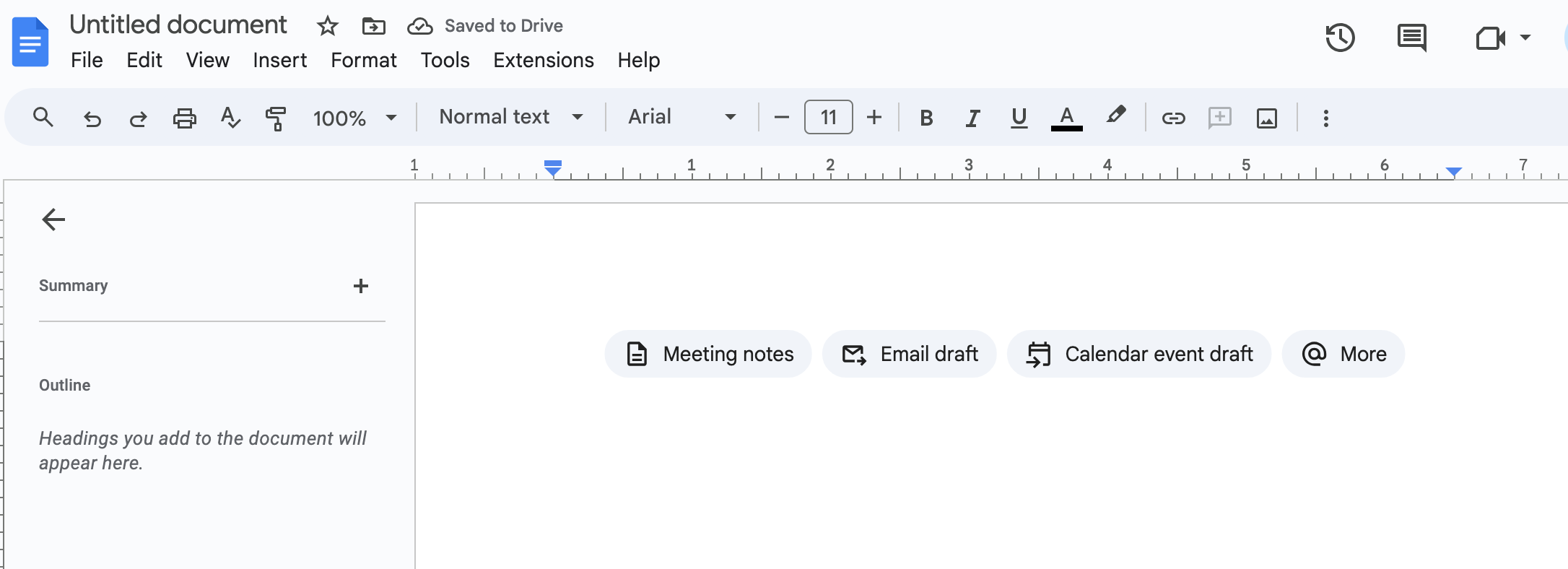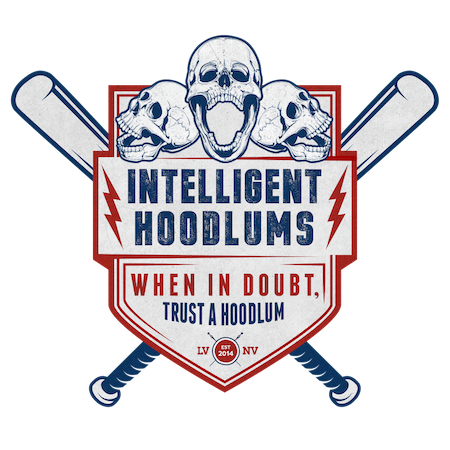My students are going to cheat. They're lazy and looking for the easy way out. They're never going to make it in the real world if they're cheating.
- Teachers' lounges across the country
The use of ChatGPT to outsmart the five paragraph essay is rampant. Nearly 107% of students are using some form of AI to tell them what you're going to tell them, tell them, and then tell them what you told them. One school in Albany, New York reported that ChatGPT even had fifth graders adding cheese to their hamburger paragraphs - CHEESE. Long gone are the days of paying your friend to write your essay for you or asking mom for help. Students no longer have to go to all the trouble of copying the essay their older sibling wrote for the class (because it's been the same writing prompt since 1983). The question then becomes, how do we stop it?
Who is our nemesis?
Instead of ChatGPT, which is just one tool, I'm going to refer to Generative AI or GenAI. GenAI is one form of machine learning. An incredibly simplified explanation of machine learning is:
- you give an computer application a bunch of examples with answers (let's say pictures of flowers labeled as daisy, rose, and tulip)
- then you run it against a bunch of examples without answers and see how it does (maybe it gets the right flower label 10% of the time)
- make adjustments as needed (you mess with how many neural nets it goes through and stuff and find out with your tweaks it can identify the flower correctly 80% of the time... not too bad but I wouldn't bet my life on it)
- once it does a pretty good job outputting what you want, it's ready to use. Introducing webs' flower id app...
I know this because as a software developer, I worked on machine learning projects. GenAI is machine learning that produces things like paragraphs about Abe Lincoln or images of unicorns in spacesuits in the style of Lisa Frank. There's a lot more detail to it, but that explanation will suffice for the purpose of this blog.
Use GPTZero?
AI detectors like GPTZero are also machine learning-based applications. They're given example texts that are labeled as human or computer generated writing. Then, they're given test data and the developers see how the algorithm does. The algorithm takes its best guess at whether it's human or computer generated. But that's it, it's a guess. It's a likelihood of being person or machine. Eventually they use the algorithm in a product like GPTZero.
While GPTZero detects accurately 80% of the time and that's quite impressive. That still means that in a class of 30 students, it's likely 6 students will be falsely accused of using GenAI. Some teachers claim they can "just tell" when a student uses GenAI because of how writing changes. As Nick Rice says in Law Abiding Citizen, "It's not what you know, it's what you can prove in court." Putting someone on academic probation, suspension, expulsion, or worse on "vibes" is poor judgement at best and professional malfeasance more likely. This is a scary prospect because the impact of incorrectly identifying a student as using GenAI when they haven't can be devastating.


It's not what you know, it's what you can prove in court.
-Nick Rice, Law Abiding Citizen
College student Marley Stevens found herself in such a situation. She's now on probation despite having evidence that she did not use GenAI to write her paper because of the lack of knowledge of teachers and schools around GenAI. One more violation, even something as simple as making a mistake that violates university policy like parking in the wrong place, and she's kicked out of school.
GPTZero's website even says, "our classifier is intended to be used to flag situations in which a conversation can be started (for example, between educators and students) to drive further inquiry and spread awareness of the risks of using AI in written work." They specifically say, "these results should not be used to punish students. We recommend educators to use our behind-the-scene Writing Reports as part of a holistic assessment of student work."
...these results should not be used to punish students.
-GPTZero
Block GenAI Tools?
Why don't we just block GenAI tools? First, that might work on the school campus, but off campus or on personal devices they would easily be able to access the websites. That's also assuming you can block them. Most GenAI we come in contact with isn't in stand alone tools like ChatGPT, it's in the tools we've been using day-to-day for years now like Google, Microsoft, Canva, and search engines.


This has happened before
This isn't the first time a new technology has emerged to controversy. In fact, we've seen the exact pattern of outrage, considering the use of the tool as cheating, and then institutions ultimately deciding to allow the use of the tool as an accommodation.


What do we do?
GenAI isn't going anywhere. To make it in the real world, students need to know how to effectively use these tools. I use them in my work every day as do so many developers and executives I know. So what can we do aside from punishing innocent students or getting into a Sisyphean battle trying to catch the cheaters?
- Get familiar with what GenAI tools and features can and can't do
- Create learning experiences that can't be done by GenAI alone
- Err on the side of human
Get familiar with the Cans and the Can'ts
- Test the tool for yourself and see what it can and can't produce. Then, use that information to better inform your instruction.
- Get familiar with the privacy policy and how accurate the algorithms are before choosing how to use a GenAI tool.
- Does it require an account? Does it collect data about users or the prompts they create?
- How inclusive is the algorithm? What biases does it have?
Create learning experiences where human + tool work together
- Test out your assignment using GenAI tools. If the GenAI tool can easily produce a five-paragraph essay on Abraham Lincoln, perhaps your assignment needs an upgrade.
- Can you add a creative element?
- Have students produce an original work of art for the output or combine visual and audio in one piece.
- Teach students to audit and augment.
- Is what the tool producing factually correct?
- Is it biased?
- What is the point of view?
- How might we improve on the initial output?
- Have the tool produce a piece and model how to edit and revise what is produced.
Err on the side of human
Remember that students are humans. Just like you they're trying to make it in the world facing untold challenges. Instead of engaging in a power struggle about cheating, how can we bring them into the magic circle and make the work we ask of them something they opt into because they have the option of expressing who they are.
And if you're rolling your eyes right now saying, "I didn't sign up to be an entertainer," to that I say, "You signed up, I assume, because you reveled in seeing students succeed. Is that still what drives you? Why not bring some fun back into your work instead of investing your energy in power struggles?
Need more help?
If you're an admin (or a teacher) who wants to be a leader in cutting edge tech integration or if you have a staff who are cautiously considering dipping their toe into tech integration, we're happy to help. Contact us and we can provide PD for your staff that gets them playing with tools, frameworks, and protocols that they can take back to their classroom the same day.
Don't take our word for it, here's what some recent teachers said:
This is the most entertained and engaged I've been at a PD in years. I expected to be really bored and checked out and I'm pleasantly surprised.
I appreciated the tools, but above all the authenticity of delving into thorny issues and grappling with ways students can express their understanding through a variety of modes which are not only engaging to create but also to share/review. Creates ownership. Just thanks!
It was very engaging and made me excited to incorporate something new in the classroom that I know my students will love.
Very interactive and kept us engaged. They made it fun and relatable to our grade level.









What do you think?
It is nice to know your opinion. Leave a comment.